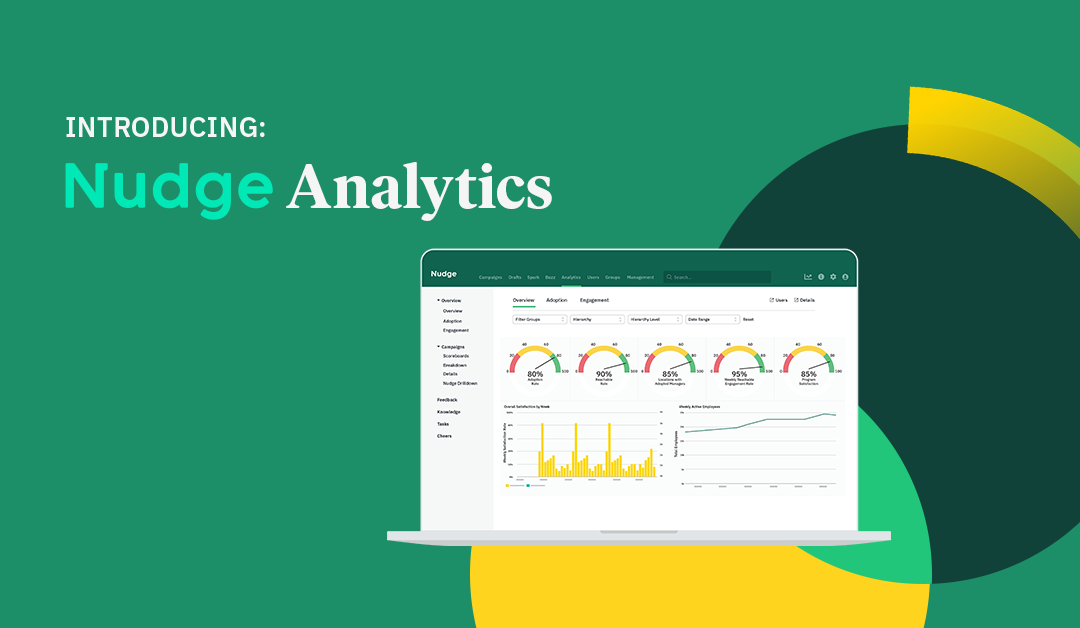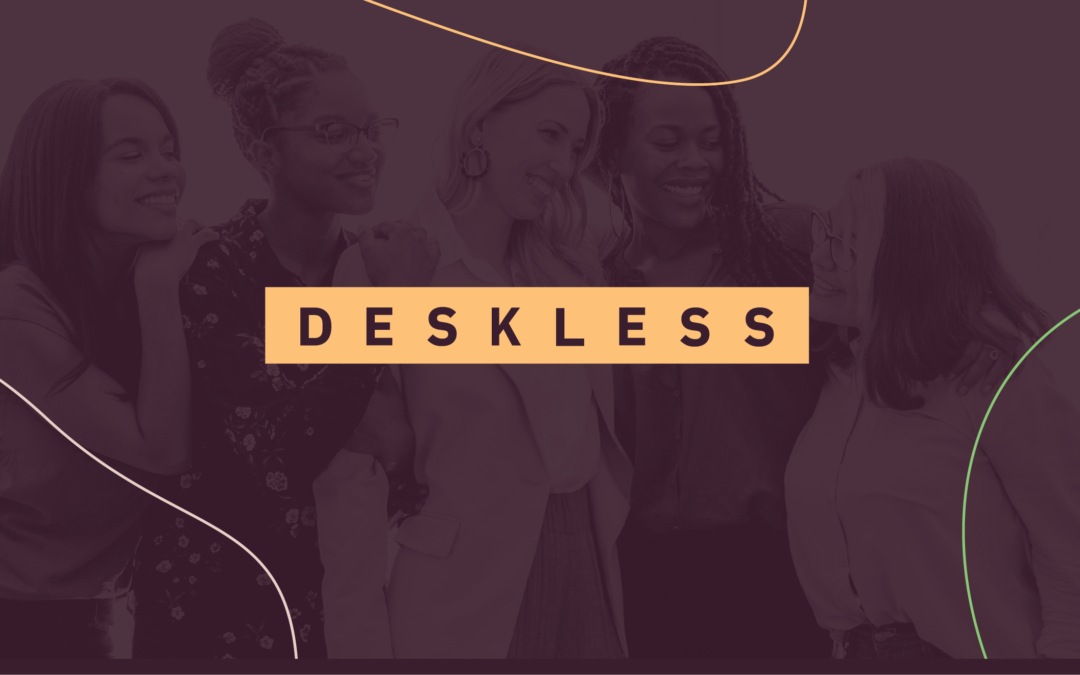
3 takeaways from Future Stores Connect
Another Future Stores retail conference comes to a close! The invite-only event for senior retail executives is a treasure trove of amazing insights about the state of the retail industry – and a peek at where it’s headed.
Here are our top 3 insights from this year’s Future Stores Connect:
1. Rebuilding retail needs to start with investing in the people that will bring retail brands to life
We might be a bit biased, but we loved our own COO Jordan Ekers’ Chairperson Opening Remarks about how employee experience drives memorable customer experience. One staggering statistic he mentioned was that customer Net Promoter Scores went up by 43 points when they dealt with a knowledgeable staff member.
“If you think about how much change has happened in the world of retail, from new standard operating practices to customer journey, it really speaks to the importance of supporting your people,” explains Ekers. “And how that drives the lifetime value of your customers.”
But Ekers also pointed out that less than 50% of frontline associates believe their employers are supporting them with the tools they need. That’s a problem. Between the post-pandemic rebuild, heightened CX expectations, and ongoing labor crisis, retailers can’t afford to lose star talent because they lack a stellar employee experience.
2. Customers are headed to stores for an experience
In the keynote panel discussion, Preparing For the Roaring 20s of Retail: Reimagining Physical Stores in a Post-Covid World, the conversation quickly moved to the importance of the in-store experience – how customers aren’t just coming into stores to quickly buy an item.
“They’re there to talk to an associate, to get the help that they need, to have the engagement. The product knowledge given to them so they can purchase right then. They need it right then. If not, they’d be at home on their laptop getting it the next day from Amazon, or from wherever they want to order,” explained Janet Gray, Division VP at Office Depot. “We have really found that engagement is even more important now than ever. And that is that our associates must be as knowledgeable as possible, and exude friendliness and product knowledge. Because that’s what they’re coming in for.”
“Ultimately, what we’re seeing is that people really want to have an experience. A physical, tactile experience,” added Danielle DiMaiolo Rendini, Head of Retail at American Girl. “They really just want to experience the magic of our stores.”
3. The omnichannel experience is growing increasingly…omni
A common talk track for retailers is the relationship between ecommerce and brick-and-mortar stores – many organizations are finding more and more ways to deepen the connection between the two. And for some retailers, the shifts that the pandemic forced on businesses actually led to new approaches to that omnichannel experience, especially from an employee point of view.
“We want the customer to shop where they want to shop,” explained April Breunle, Director of Retail Showrooms at Lovesac in the second session of the keynote panel discussion. “And it used to be a little bit of a rough point if they came into a showroom, got their great demo and then they went home and shopped online. Well now we’re like I don’t care where they shop as long as they shop. It could be in the showroom. It could be on the web. It could be at a Costco roadshow. It could be at a Best Buy Stop and Shop. So we’re really focused on meeting the customer where they want to be and training our teams to do that.”
For Lovesac, that means shifting to an overall company revenue goal that’s less focused on channel – and training their staff to take on an omnichannel approach to service. “We cross-trained all of our showroom managers on what it is like to work as a customer service agent,” explained Breunle. “The showroom associate is now able to wear many hats other than just going into the showroom, opening it operationally and doing demos all day. Our teams are doing many other things now in terms of assisting the customer where the customer wants to be assisted.”
—
We never get tired of learning about the retail trends that are driving this industry, and what industry leaders see on the horizon. Stay tuned for more industry insights at upcoming events!




